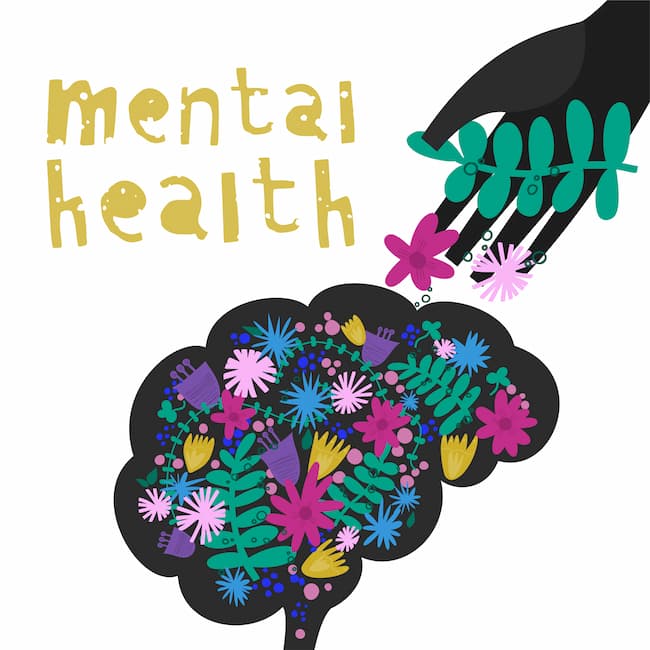Africa is generally believed to have a poor health system that any deadly epidemic would easily defeat. It was almost given, when in late 2019 that COVID-19 broke out, that the world had seen a holocaust in Africa.
Though there was great concern that COVID-19 would overwhelm the global health facilities, the prediction for Africa was grim. The forecast did not come to pass; however, Africa is still having the least impact of COVID-19, according to the World Health Organisation (WHO), despite not having the required resources and the vaccines.
Like they rose against the Ebola outbreak, medical and other health personnel in the Nigerian health sector have been the heroes who did everything possible for others to stay alive, including paying the supreme price to ensure that the pandemic did not consume everyone. Many Nigerians still remember Stella Ameyo, the doctor who prevented what would have been a catastrophe for Africa’s most populous country.
Adadevoh’s life came to a sudden end−she died on August 19, 2014− making the ultimate sacrifice for the whole country.
After putting Patrick Sawyer, the Liberian Diplomat who entered Nigeria with the deadly Ebola virus, in quarantine, she prevented a large-scale spread of the virus in Nigeria. Healthcare workers are often at risk of exposure to infections, including COVID-19, as they are the first responders to patients. Although health workers were advised to use full Personal Protective Equipment (PPE) before attending to patients, many still do not have access to this equipment. As a result, over 1000 health workers have tested positive for COVID-19 in Nigeria.
Osagie Ehanire, the Nigerian health minister, said as of June 2, 2020, at least 812 health workers have tested positive for COVID-19. As of July of the same year, over 10 000 health workers in 40 African countries have been infected with the COVID-19 virus, the World Health Organisation (WHO) disclosed.
In Nigeria alone, over 20 Nigerian doctors have died from complications arising from coronavirus in just one week. The Nigeria Medical Association (NMA), FCT, chapter Enema Amodu said the deceased health workers include consultants, professors and some resident doctors. He said the figures keep increasing daily.
For those of us in the health sector, we have lost quite a number of colleagues. Across the country, we have lost not less than 20 doctors in the last one week,” he said. The deaths of these health care workers were a great loss to their families and, indeed, a loss to the health systems too.
Africa is still struggling with the lowest ratio of healthcare workers per population. It is estimated that the global shortage of healthcare workers will be most significant in Africa, with a shortage of around 6 million healthcare workers by 2030.
The pandemic also cost us progress on other public health priorities, including HIV/Aids, tuberculosis (TB) and malaria. Experts warn that the pandemic has effectively derailed years of public health progress.
But hope is not lost as the vaccination campaign continues. The goal is to get every eligible adult vaccinated, particularly health workers. The Nigerian Government is targeting 1 million health workers for vaccination in the first phase of its nationwide rollout of COVID-19 vaccinations that began in March 2021.
According to the World Health Organisation, only 27% of health workers in Africa have been fully vaccinated, leaving the majority exposed to severe Covid-19 infection. As a result, since March 2020, there have been more than 150 400 Covid-19 infections among healthcare workers alone.
The best way to fight the pandemic is by vaccines. Nigeria is not in short supply of it. To aid the vaccination drive in Africa, in November 2021, Mastercard Foundation, in partnership with Africa CDC, delivered over 3.3 million doses of Johnson and Johnson vaccines to Nigeria through its Saving Lives and Livelihoods initiative.
UNICEF Nigeria received the vaccines and has been responsible for the logistics and delivery to the National Primary Health Care Development Agency (NPHCDA) for cold storage and distribution to vaccination centres.
Launched in June 2021, Saving Lives and Livelihoods is a $1.5 billion partnership that aims to enable vaccination for millions of people, develop a workforce for vaccine manufacturing, and strengthen the Africa CDC’s capacity to oversee a historic vaccination campaign and effectively respond to future outbreaks. The initiative aims to purchase and deliver at least 65 million vaccines to Africa.
According to the President and CEO of Mastercard Foundation, Reeta Roy, timely delivery of these vaccines underscores the effectiveness of the African Vaccine Acquisition Trust. Working with the Africa CDC and other organizations, the Foundation will support the rollout of vaccinations to millions across the Continent.












